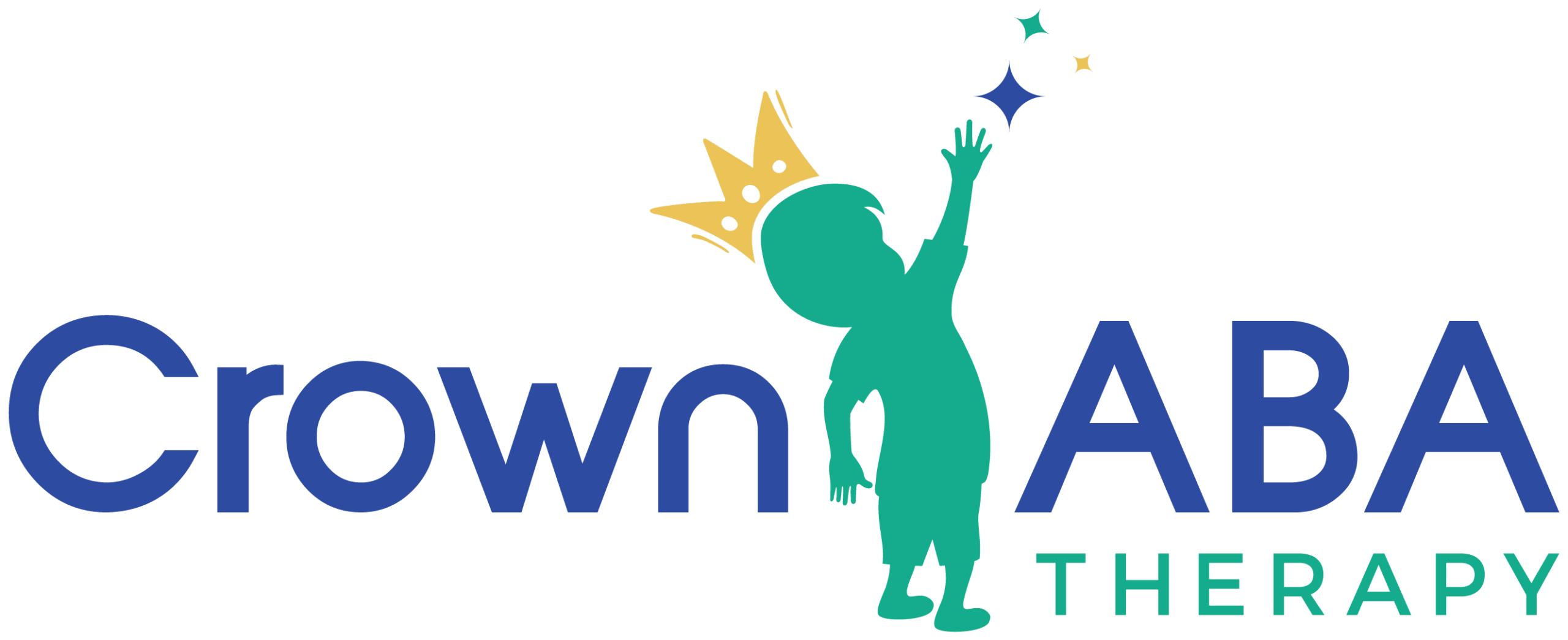Key Points:
- Autism can cause brain fog, and it often stems from sensory overload, anxiety, and executive functioning challenges.
- Brain fog in individuals with autism is not a standalone diagnosis but a symptom of overlapping cognitive struggles.
- Treatment options like ABA therapy, structured routines, and individualized strategies can help reduce cognitive fatigue and improve mental clarity.
When your child zones out, forgets simple things, or gets overwhelmed by small tasks, it’s hard not to worry. You may ask yourself, “Can autism cause brain fog?” It absolutely can—and the reasons behind it are rooted in how autistic brains handle stress, sensory input, and everyday demands.
Can Autism Cause Brain Fog?
Yes, autism can cause brain fog. Many autistic individuals experience moments of mental confusion, forgetfulness, or trouble focusing—often described as “brain fog.” This isn’t a formal diagnosis but a very real experience tied to how the autistic brain processes information. It can be triggered by sensory overload, fatigue, stress, or changes in routine.
What Does Brain Fog Look Like in Someone with Autism?
When brain fog hits, it can affect executive functioning, working memory, and information processing. Think of it like having too many browser tabs open: the system starts to slow down or crash. People might describe it as feeling “cloudy,” “slow,” or “disconnected.”
These signs often appear when a person is overloaded, anxious, or physically exhausted. They may come and go or linger if not addressed.
 For parents or caregivers, brain fog in autism can appear subtle or intense, and it often doesn’t look the same from one person to the next. Children might seem dazed or unusually quiet. Adults may struggle to complete tasks they usually handle with ease. It’s not about laziness—it’s about mental systems being overwhelmed.
For parents or caregivers, brain fog in autism can appear subtle or intense, and it often doesn’t look the same from one person to the next. Children might seem dazed or unusually quiet. Adults may struggle to complete tasks they usually handle with ease. It’s not about laziness—it’s about mental systems being overwhelmed.
6 Causes of Brain Fog in Autistic Individuals
To understand how autism causes brain fog, it’s helpful to look at what’s happening beneath the surface. Autistic brains process the world differently—and that often requires more mental energy. This cognitive load, combined with external stressors, can create the perfect storm for foggy thinking.
Let’s dive deeper into the most common causes.
- Sensory Overload: Bright lights, loud sounds, or crowded places can overwhelm the nervous system, triggering shutdown or fog.
- Executive Dysfunction: Many autistic individuals struggle with organizing thoughts, planning, and multitasking—all of which can lead to mental fatigue.
- Emotional Stress: Social pressure, unfamiliar situations, or masking behaviors drain cognitive resources.
- Sleep Issues: Irregular sleep patterns or insomnia, common in autism, reduce mental clarity.
- Diet and Gut Health: Some research shows links between autism, gut health, and inflammation—which may influence cognition.
- Co-occurring Conditions: ADHD, anxiety, or depression often co-exist with autism and can amplify brain fog.
Each of these factors can contribute individually, but often they overlap and build on each other.
If you’re interested in understanding other symptoms that may overlap with autism, check out our article “Is Tics a Form of Autism? Uncovering the Truth Behind the Link” for more insight into how these conditions may be connected.
How Long Can Brain Fog Last in Autism?
This varies greatly. For some individuals, it lasts a few minutes. For others, it can stretch over days—especially if root causes like sleep or stress aren’t addressed. Just like physical fatigue takes time to recover from, mental fatigue needs rest, regulation, and often environmental adjustments to resolve.
The length of time brain fog sticks around often depends on a few key variables, like the severity of overstimulation, quality of sleep and diet, and availability of support systems. For kids and teens in particular, recovery is quicker when parents and educators recognize signs early and respond with patience and flexibility.
How Parents Can Help Manage or Reduce Brain Fog
Managing brain fog isn’t about “fixing” autism. It’s about supporting brain function so individuals can feel more present and capable. And yes, parents play a powerful role here. There’s no one-size-fits-all solution—but there are practical ways to reduce overload and promote mental clarity.
- Stick to Predictable Routines: A stable schedule minimizes uncertainty and reduces cognitive load.
- Incorporate Sensory Breaks: Let your child decompress in a calm space with low sensory input.
- Encourage Rest and Sleep Hygiene: Consistent sleep schedules and bedtime routines are essential.
- Limit Over-Scheduling: Leave room in the day for downtime. Avoid back-to-back social events or therapies.
- Build in Movement: Light exercise, stretching, or walking can clear the mind and reset focus.
- Use Visual Supports: Checklists, picture schedules, and timers can relieve the brain from memory-heavy tasks.
Try a few of these tailored approaches and observe what works best for your child.
Is Brain Fog a Sign of Something More?
Sometimes, yes. While brain fog can simply be a response to stress or stimulation, it may also point to co-occurring challenges that need attention.
Parents should keep an eye out if fogginess is persistent or interferes with school, relationships, or daily functioning. It’s worth having a trusted professional evaluate whether something deeper is at play.
Don’t panic, but do take note of these flags:
- Brain fog is happening daily, even with support strategies.
- Your child expresses distress or frustration about mental clarity.
- It impacts their ability to learn, socialize, or communicate.
In these cases, early intervention and therapies like ABA can help build coping skills and reduce the cognitive stressors contributing to brain fog.
Can ABA Therapy Help with Autism-Related Brain Fog?
Applied Behavior Analysis (ABA) therapy doesn’t directly treat brain fog—but it addresses many of the underlying behaviors and stressors that lead to it. Through individualized goals, ABA helps autistic children develop self-regulation, reduce anxiety, and build routines—all of which can dramatically lessen brain fog episodes over time.
Why Understanding Brain Fog in Autism Matters
Recognizing brain fog in autistic individuals can be a game-changer. It validates their lived experiences and empowers parents with tools to help. Brain fog isn’t a character flaw—it’s a neurological signal that something is out of balance. The good news? With the right support, it’s manageable.
If you are looking for real-world solutions, Crown ABA is here to help. We provide evidence-based ABA therapy in Maryland, designed to support not just the diagnosis but the individual behind it. It is more than treatment—it’s a partnership in progress.
Need help getting started? Reach out to us today and explore how our personalized ABA programs can support your family’s journey.





